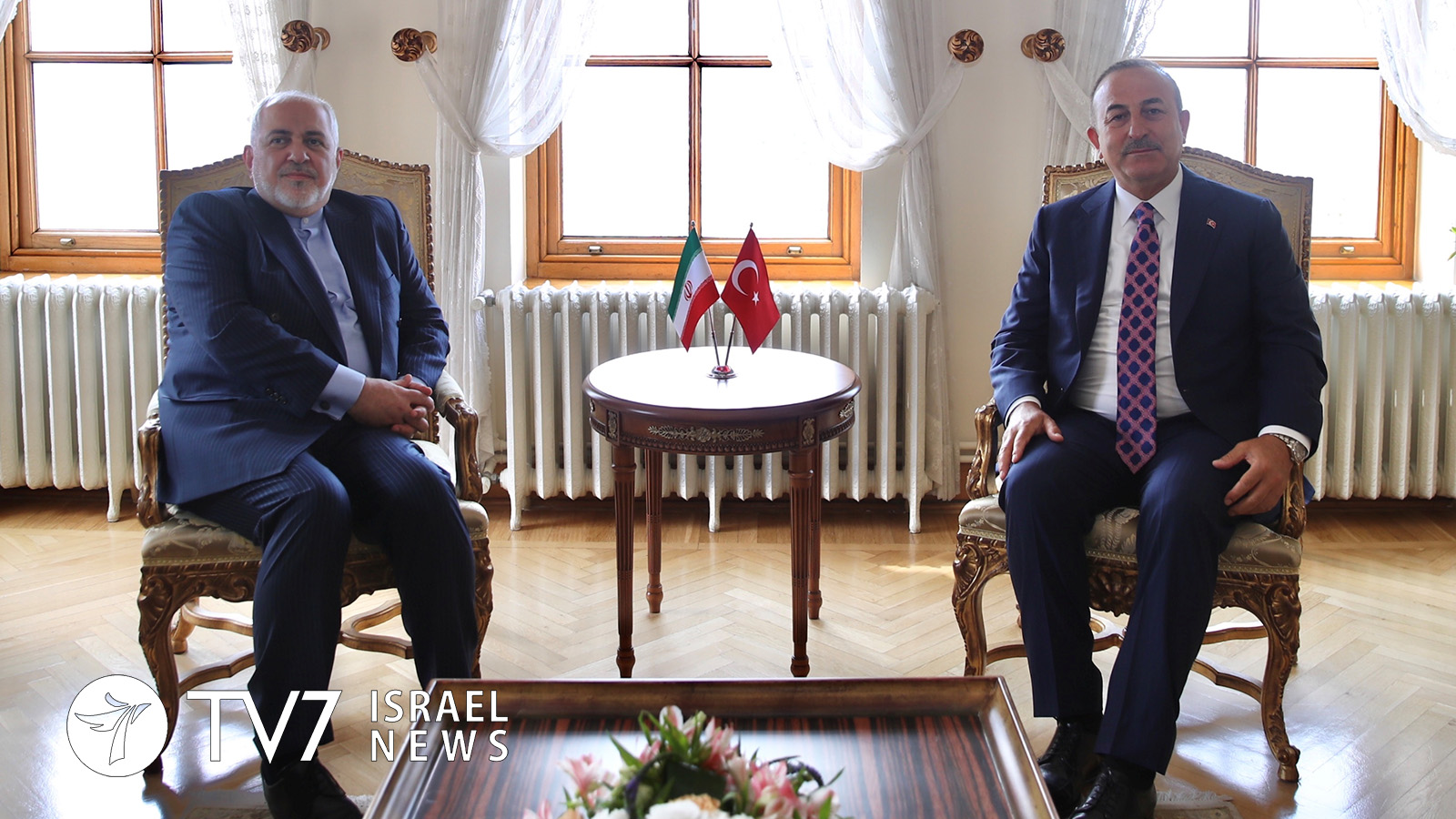Turkish Foreign Minister Mevlüt Çavuşoğlu has rejected reports of a fall-out between Turkey and Russia over separate disagreements on Syria and Libya.
“In terms of main principles, there are no issues regarding the talks with Russians,” Çavuşoğlu insisted.
“There is no such thing as the (negotiating) table being shaken up for this or that. However, we need to talk more about a permanent ceasefire and the procedure that will take Libya to a political process,” said Çavuşoğlu.
He made the statements at a joint press conference in Istanbul alongside his visiting-Iranian counterpart Mohammad Javad Zarif, whose trip is widely viewed as a defiant attempt to garner international support against the United States in spite of growing economic consequences of the Ayatollah regime’s actions. Turkey’s top diplomat also used the occasion to express his country’s support for Iran “against (America’s) unilateral sanctions.”
Russian Foreign Minister Sergei Lavrov has meanwhile announced that both his Turkish and Egyptian counterparts agree there “is no any military solution” to the Libyan conflict. Moscow’s top diplomat said that both Çavuşoğlu and Sameh Shoukry “supported this approach” during separate telephone discussions over the past several days, and that the only viable path forward is to “just sit down at the negotiating table and look for universally acceptable agreements.”
Lavrov’s statements come as the warring sides in Libya are reportedly mobilizing near the city of Sirte, in the country’s main oil region.
Meanwhile, Libya’s Government of National Accord (GNA) has been “in coordination with Turkey and America on the Libya ground,” according to a statement by GNA Deputy Defense Minister Salah al-Namroush, ostensibly in reference to U.S. military’s Africa Command (AFRICOM).
“The US took action about Libya, especially after Russian planes landed in Libya and when Russian intervention became clear,” said Namroush, adding, “Turkey is a big country and also our ally, but also members of NATO, we have a strategic relationship.
It is important to note that U.S. Ambassador to Libya Richard Norland, accompanied by U.S. AFRICOM Commander Gen. Stephen Townsend held a meeting with GNA President Fayez al-Sarraj on Monday; during which both U.S. leaders relayed Washington’s “strong opposition to escalating foreign military intervention on all sides.”
A public statement by AFRICOM notes that it “previously conducted engagements with both the Government of National Accord and the Libyan National Army,” although neither the U.S. State Department nor the U.S. Military’s Africa Command immediately responded to TV7’s request for comment on the extent of the American involvement.
